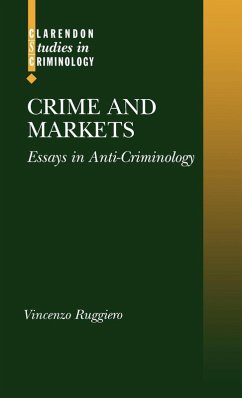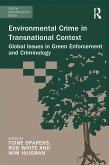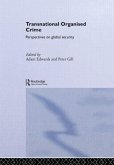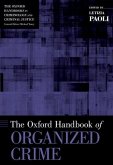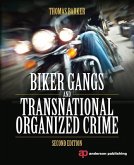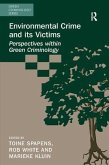In the first part of the book a conventional criminal activity par excellence is examined, namely activity related to the economy of illicit drugs. In this economy the author notes a shift from a Fordist to a Toyota model of criminal activity, a shift determined by the expansion of demand and the growing variety of supply of illicit drugs. The second part of the book addresses specific cases of elite criminality, including illicit trafficking in arms and human beings. The chapters devoted to the analysis of political and administrative corruption in Italy, France, and Britain provide yet other examples of how illegal practices may be imputed to one cause in one context and its opposite in another. Two Intermezzos complete the book, posing more general questions, respectively, around the very concept of illicit 'drugs' and the evasive character of illicit economic behaviour.
This book discusses a range of crimes committed by the powerless and the powerful. Working against conventional analyses of criminal behavior as the result of social disadvantage, unemployment, or lack of resources, the author argues that abundance of opportunities and resources may lead to specific forms of criminality.
Hinweis: Dieser Artikel kann nur an eine deutsche Lieferadresse ausgeliefert werden.
This book discusses a range of crimes committed by the powerless and the powerful. Working against conventional analyses of criminal behavior as the result of social disadvantage, unemployment, or lack of resources, the author argues that abundance of opportunities and resources may lead to specific forms of criminality.
Hinweis: Dieser Artikel kann nur an eine deutsche Lieferadresse ausgeliefert werden.
